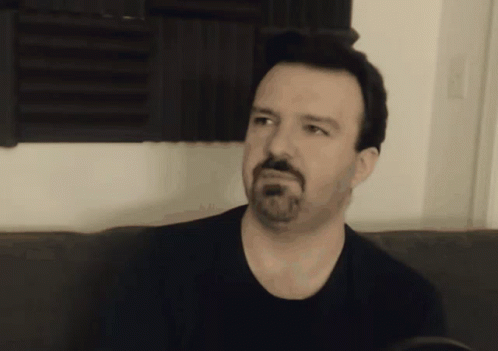Truno
Koopa
- Pronouns
- He/Him
It's a very common practice for developers who're working on new games to take into consideration feedback from fans and critics alike of previous works in order to deliver the best experience possible. However, it seems that most of Nintendo’s partners and subsidiaries avoid this.
Take Next Level Games, for example. They launched Luigi's Mansion 3, a game that was universally lauded. It was met with incredible success which was assuredly one of the factors that led to them being acquired by Nintendo. Despite this success, they went on to develop Mario Strikers Battle League, a game that was met with mixed to negative reception, earning it the worst score in the Strikers series and the worst score for a Mario Sports title on Nintendo Switch. It was seen as a big step pack from Charged and the original title.
Furthermore, look at Intelligent Systems. They launched Fire Emblem Three Houses, one of the highest rated and the best selling Fire Emblem game. Despite this, they shifted from the design aspects of Three Houses that were lauded in order to produce Fire Emblem Engage. Engage was met with mixed response which led to it selling considerably less than 3H. The same could be said for the reception from Wario Ware Move It and Get It Together! when compared to Gold.
There are more examples to this. Pokemon Scarlet and Violet (the worst rated mainline Pokemon generation by critics and user scores), Bayonetta 3 (lowest mainline Bayonetta game and the most divisive entry amongst fans), Mario Gold Super Rush (seen as a step down from World Tour), Endless Ocean Luminous being panned by critics, etc. There's other cases such as Super Mario Party and The Origami King which, although improved on their predecessors, the reception to the quality of these titles remains mixed. And then there are other cases such as Retro Studios where they haven't been able to produce a new original title in over a decade.
There are outliers to this, such as HAL or Monolith Soft, but the issue persists with most of Nintendo affiliates.
When a brand new Nintendo game is being released by EPD Tokyo or the Zelda team, there’s usually a sense of comfort as there is no doubt that they’ll be able to deliver an enjoyable title. However, for the aforementioned studios, the quality of their products are too inconsistent for them to receive the benefit of the doubt.
What do you think?
Take Next Level Games, for example. They launched Luigi's Mansion 3, a game that was universally lauded. It was met with incredible success which was assuredly one of the factors that led to them being acquired by Nintendo. Despite this success, they went on to develop Mario Strikers Battle League, a game that was met with mixed to negative reception, earning it the worst score in the Strikers series and the worst score for a Mario Sports title on Nintendo Switch. It was seen as a big step pack from Charged and the original title.
Furthermore, look at Intelligent Systems. They launched Fire Emblem Three Houses, one of the highest rated and the best selling Fire Emblem game. Despite this, they shifted from the design aspects of Three Houses that were lauded in order to produce Fire Emblem Engage. Engage was met with mixed response which led to it selling considerably less than 3H. The same could be said for the reception from Wario Ware Move It and Get It Together! when compared to Gold.
There are more examples to this. Pokemon Scarlet and Violet (the worst rated mainline Pokemon generation by critics and user scores), Bayonetta 3 (lowest mainline Bayonetta game and the most divisive entry amongst fans), Mario Gold Super Rush (seen as a step down from World Tour), Endless Ocean Luminous being panned by critics, etc. There's other cases such as Super Mario Party and The Origami King which, although improved on their predecessors, the reception to the quality of these titles remains mixed. And then there are other cases such as Retro Studios where they haven't been able to produce a new original title in over a decade.
There are outliers to this, such as HAL or Monolith Soft, but the issue persists with most of Nintendo affiliates.
When a brand new Nintendo game is being released by EPD Tokyo or the Zelda team, there’s usually a sense of comfort as there is no doubt that they’ll be able to deliver an enjoyable title. However, for the aforementioned studios, the quality of their products are too inconsistent for them to receive the benefit of the doubt.
What do you think?
Last edited:


